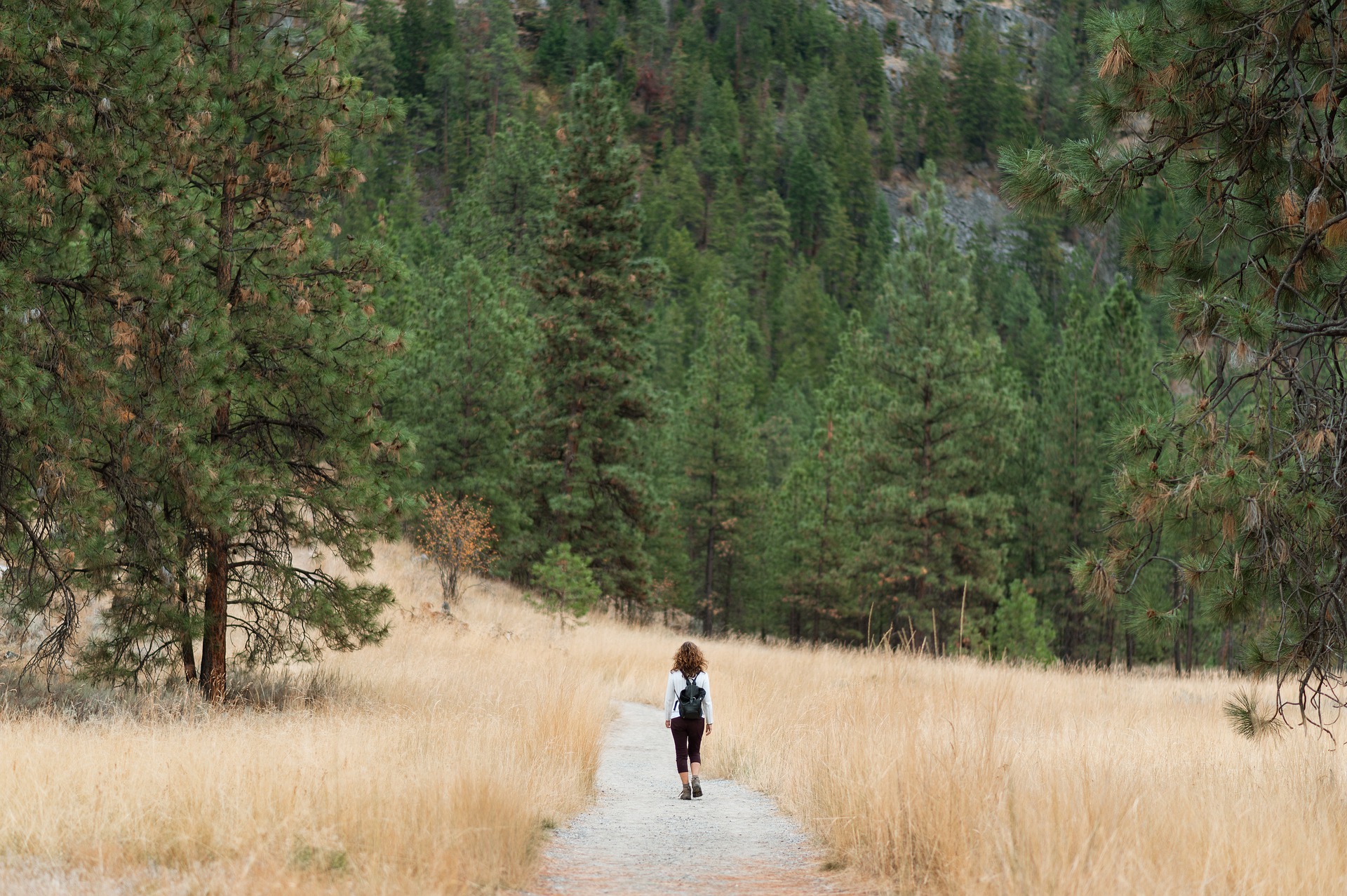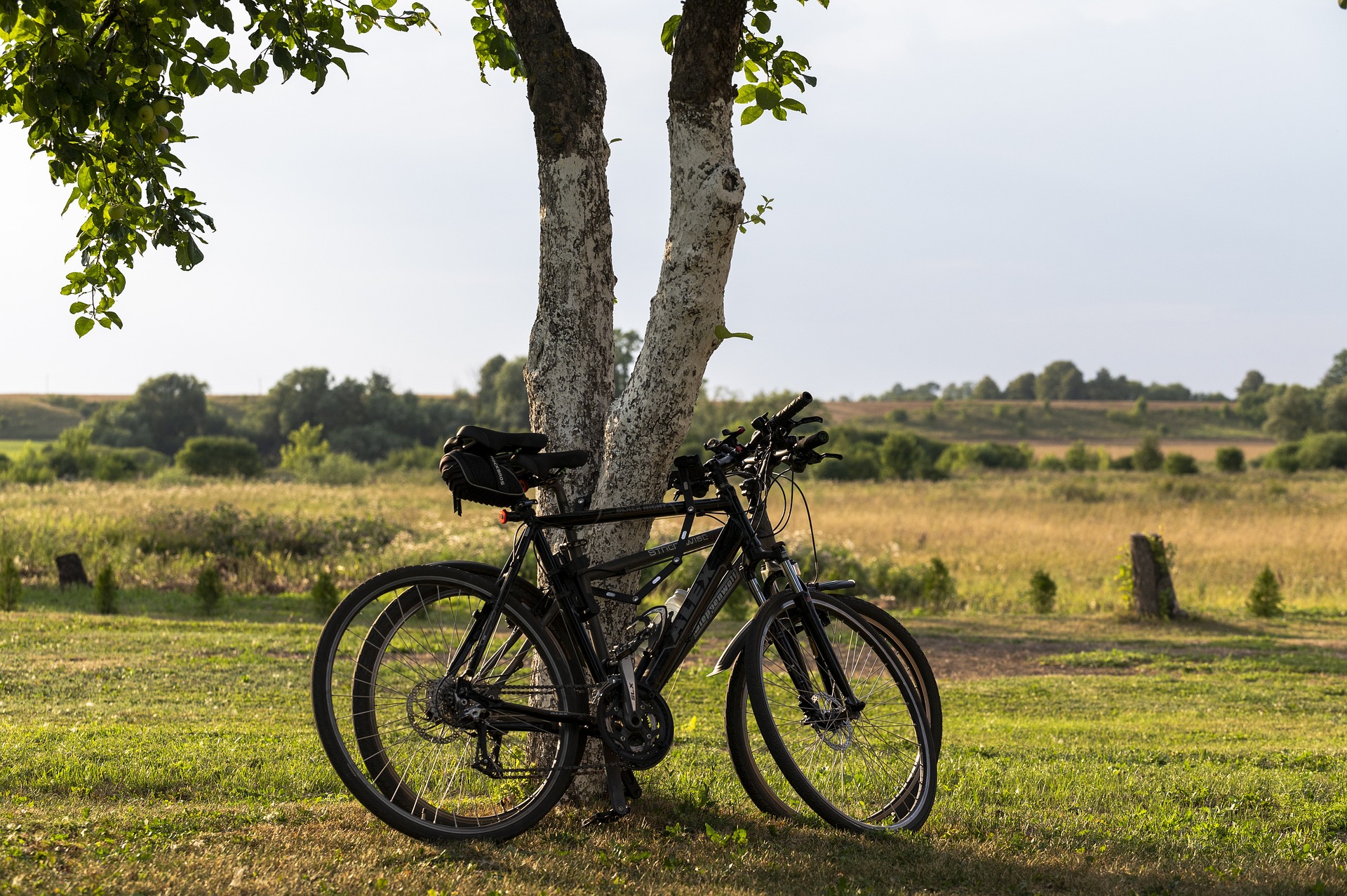The Renaissance of Hiking: A Journey through Time and Trails
Imagine being immersed in nature, surrounded by the earth's raw beauty, and steeped in the quiet calm of the wilderness. This is what hiking brings to the table. This form of travel, steeped in history and tradition, is experiencing a resurgence in popularity as travelers seek personal growth, physical challenges, and a connection with the natural world. This article will dive into the intriguing world of hiking, exploring its roots, contemporary trends, and the implications for today's adventurers.

A Walk through History: The Origins of Hiking
Hiking, as we know it today, has its roots in antiquity. The ancient Romans, for instance, were known for their extensive networks of roads, which were often used for long-distance walks. Fast forward to the Romantic era in the 18th century, hiking became popular as a recreational activity, particularly in Europe. The Swiss Alps became a favorite destination for those seeking solitude and communion with nature.
In the United States, the hiking boom coincided with the creation of National Parks in the late 19th and early 20th centuries. Iconic trails like the Appalachian Trail and the Pacific Crest Trail were established, offering adventurers challenging and rewarding long-distance hikes.
The Modern Hiker: Current Trends and Insights
Today, hiking is experiencing a renaissance. The activity is seen as a great way to escape from the hustle and bustle of city life, reconnect with nature, and achieve physical fitness. The trend of “peak bagging,” or climbing to the summit of a mountain, has gained popularity among adventurous travelers.
Moreover, as technology advances, so does the way we hike. GPS and mobile apps have made it easier for hikers to navigate and stay safe on trails. Social media also plays a significant role, with hikers sharing their experiences and inspiring others to take up the activity.
The Ups and Downs of the Trail: The Impact of Hiking
Hiking brings many benefits to the individual and the environment. It promotes physical health, reduces stress, and fosters a deeper appreciation for nature. However, it also presents challenges. Hikers must ensure they are properly prepared for their journey, taking into account factors like weather, terrain, and their physical condition.
From an environmental standpoint, the surge in hiking’s popularity has a double-edged sword. While it can foster a greater appreciation for nature, it can also lead to issues like trail erosion and littering. Therefore, the principles of Leave No Trace are critical, promoting responsible outdoor ethics among hikers.
Nuggets from the Trail: Insights for the Modern Hiker
-
Hiking Etiquette: Respect other hikers and trail rules. Yield to uphill traffic and leave no trace.
-
Preparation is Key: Always research your trail, check the weather, and pack appropriately.
-
Safety First: Inform someone about your hiking plans and estimated return time. Carry a map, compass, and possibly a GPS device.
-
Hydration and Nutrition: Always bring enough water and high-energy snacks.
In conclusion, hiking is an activity rich in history and filled with potential for personal growth and adventure. As we navigate the modern world, it offers an essential escape, a chance to slow down and reconnect with the earth. Its recent resurgence is a testament to our innate desire to explore, challenge ourselves, and seek solace in nature’s embrace. With responsible practices, the world’s trails will continue to offer life-changing experiences for generations of hikers to come.




